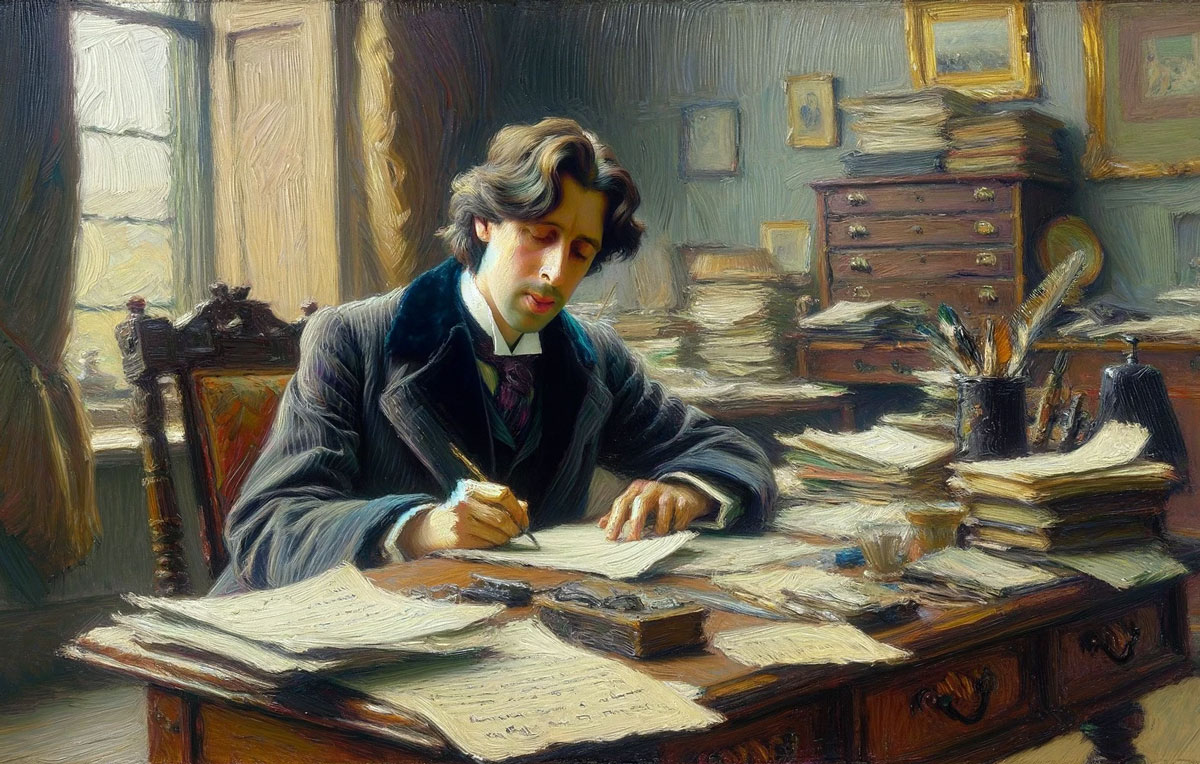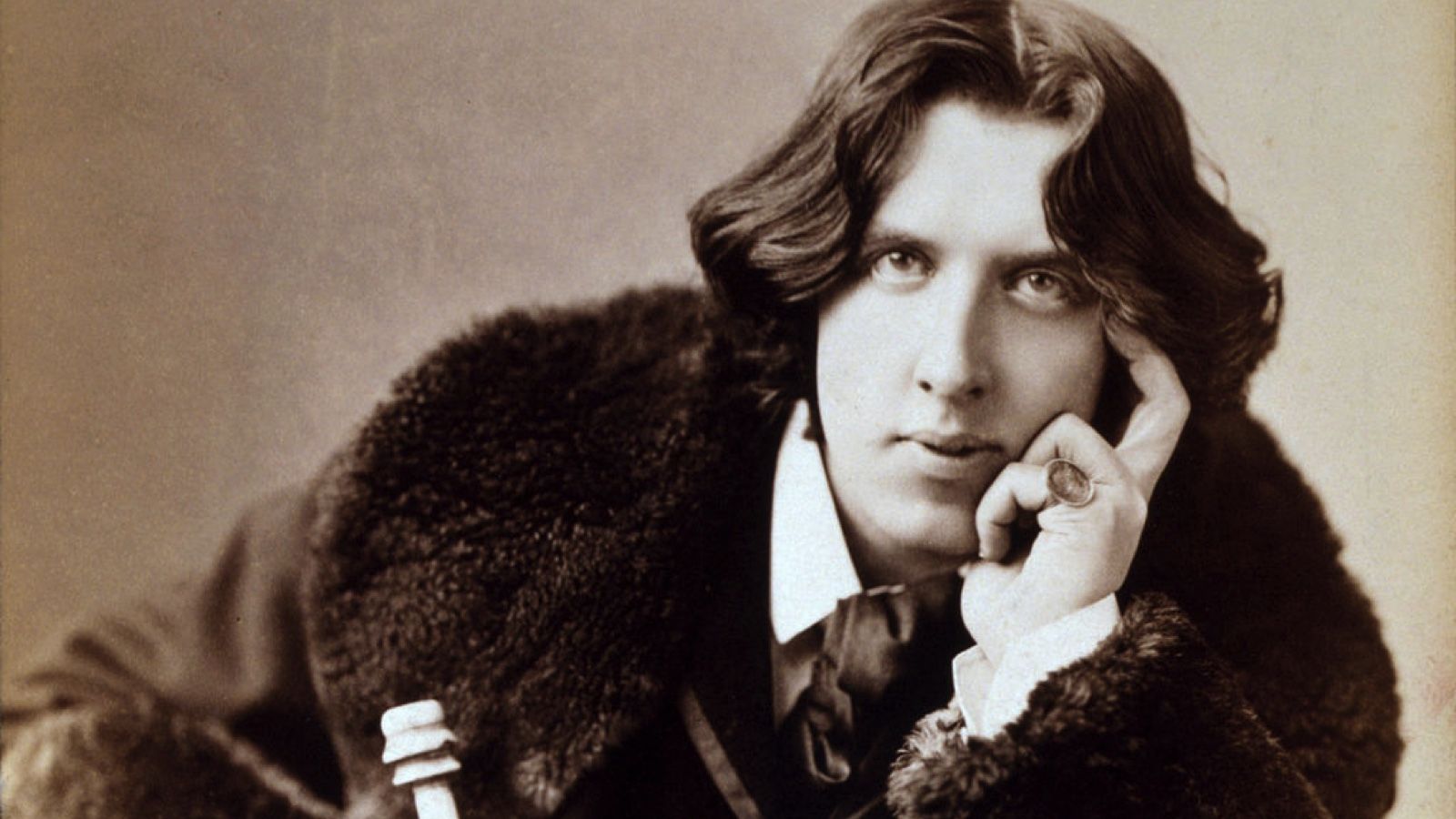Oscar Wilde stands as one of the most brilliant and controversial literary figures of the 19th century. Known for his sharp wit, flamboyant style, and profound literary works, Wilde's influence extends far beyond his time. This blog delves into the life and legacy of Oscar Wilde, highlighting his significant contributions to literature and his unique connection to New York City.
- Blogs
- British-literature
- Oscar-wilde-life-works-and-legacy-664dd8ffbdccdd0001d2f4ee
Oscar Wilde: Life, Works, and Legacy
British Literature • 22 May, 2024 • 25,917 Views • ⭐ 4.7
Written by Shivani Chourasia

Early Life and Education

Oscar Fingal O'Flahertie Wills Wilde was born on 16 October 1854 in Dublin, Ireland. He was the second of three children. His father, Sir William Wilde, was a renowned ear and eye surgeon who authored books on medicine and archaeology, while his mother, Jane Wilde, known as "Speranza," was a poet and a staunch supporter of Irish nationalism. The Wilde household was one of intellectual fervour and artistic expression, providing a rich environment that influenced Oscar’s literary and cultural interests.
Wilde's early education at the Portora Royal School in Enniskillen laid the foundation for his academic excellence. At Portora, Wilde excelled in classics, winning prizes for his studies. In 1871, he won a scholarship to Trinity College, Dublin, where he further distinguished himself in classics, earning the prestigious Berkeley Gold Medal.
In 1874, Wilde was awarded a scholarship to Magdalen College, Oxford. At Oxford, Wilde's academic prowess flourished. He won the Newdigate Prize for his poem "Ravenna" and was known for his flair in dress and his advocacy for the aesthetic movement, which emphasised art for art's sake. His time at Oxford was crucial in shaping his literary style and his philosophy of life.
Literary Career

Oscar Wilde's literary career is marked by a series of notable works across various genres, each contributing to his reputation as a master of wit and a keen observer of society.
Books by Oscar Wilde

Wilde's only novel, "The Picture of Dorian Gray," published in 1890, remains a masterpiece of gothic literature. The novel explores themes of aestheticism, moral duplicity, and the consequences of a hedonistic lifestyle. It tells the story of a young man, Dorian Gray, who remains youthful and beautiful while his portrait ages, reflecting the moral decay of his actions. The novel was initially controversial and criticised for its perceived immorality, but it has since been recognised as a profound critique of the obsession with beauty and superficiality.
Collections of Short Stories and Essays

Wilde also authored several short stories and essays, showcasing his versatility and narrative skills.